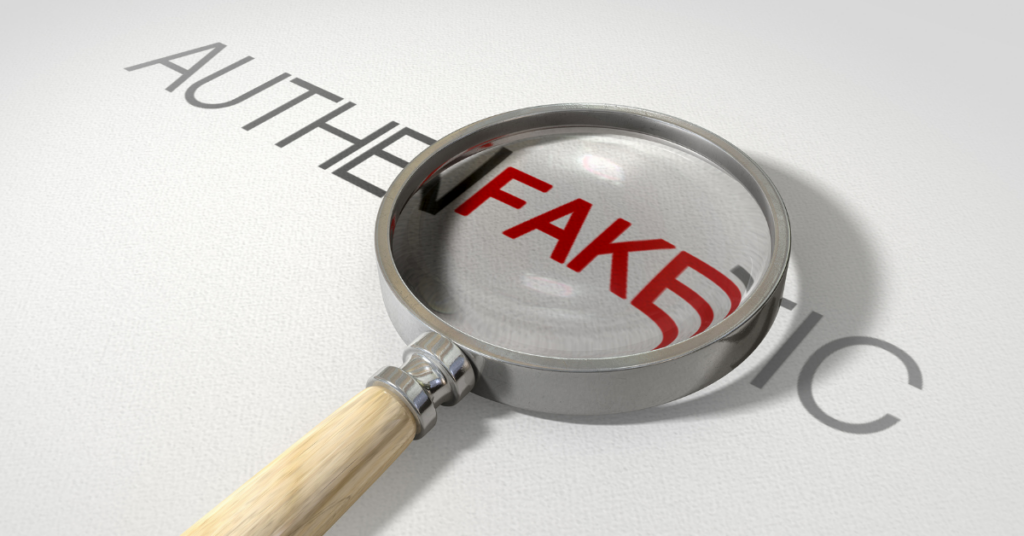The other day I came across a clip of an interview where Caitlyn Jenner discusses what it would be like to stand before God and what it would take to get into heaven. It was a very heartfelt, emotional appeal from Caitlyn expressing the desire to have done enough “right” to please God and be let into heaven. On the one hand, it is interesting to see Caitlyn’s desire to do things that would please God. However, it highlights the most common misconception about God – and about humanity.
Every worldview that believes there is life after death defines the entrance into that afterlife as being based on the works done in this life. For Islam, the entrance into paradise is determined by one’s devotion to the Quran. For Hinduism, Buddhism, or any other reincarnation-based worldview, one’s position in the next life (or even the ability to break free from the cycle of reincarnation) is based on the good karma produced by good works in this life. Even those who don’t have a worldview with an afterlife still strive to “do good” in this life.
It is somehow ingrained in the human mind that we can work our way into a better life here and a better life beyond this existence. If we just try harder, do better, act nicer, then surely God will be pleased with us. This is precisely the fundamental difference between Christianity and all other world religions. Paul makes that point in his letter to the church at Ephesus. “For it is by grace you have been saved through faith. And this is not your own doing; it is the gift of God, not a result of works, so that no one may boast.”
If salvation were based on how much good and right we do, then we would be responsible for our own salvation. We could “boast” about having done the right amount of “right” to earn heaven. There truly would be two tiers of people – those who could work out enough goodness to earn salvation and those who could not. When the reality is, none of us can actually work out enough goodness to gain salvation.
According to Christianity, there is no amount of good we can do that will overcome all the bad within us. As Isaiah states, even “our righteous deeds are like filthy rags.” David describes in Psalm 14 that “they have all turned aside; together they have become corrupt; there is none who does good not even one.” Or as Paul reiterates, “all have sinned and fallen short of the glory of God.”
Even those who do not believe the Scriptures would have to admit we continually fail to measure up even to our own standard of behavior, much less God’s. In fact, our striving to that end is a subtle admission that we are not inherently pleasing God. If we have to continually modify our behavior and try to do “more right,” then it ought to speak loudly to us that we inherently are bent toward doing wrong, which clearly does not please God.
So while most people believe they are “good enough” or have done enough “right” to earn their way into, as Caitlyn believes, we must stop to consider if that is really possible. Is it possible to do enough right to overcome all the wrong we do, or think, or feel? Inherent in this is a flawed view of humanity. We fail to see ourselves as wicked and evil as we truly are. But there is also a flawed view of God. We fail to see Him as perfect and holy as He truly is.
We must also stop to consider what the “right” things are that we are trying to do. If we are placing our eternal destiny in our own hands to do more right than wrong, how are we defining what is right? Is it up to personal preference? Do I get to define what I think is right and work toward that, while you may define a different right and work to that end?
Caitlyn’s interview sheds a lot of light into our current culture’s idea of what this right would be to please God. Caitlyn described the “right” thing as being authentic. It implies that as long as one is authentic, then one is doing the right thing. Our culture has certainly embraced this idea that the ultimate goal in life is being authentic, finding your true self, and expressing your true identity.
This brings up two very important questions: why do we value authenticity and is being authentic truly pleasing to God?
Why do we value authenticity?
What is it about us that we desire authenticity over hypocrisy? There is something within us that desires for honesty, for people to be truthful with us, even if we are not truthful with others. It affirms the universal Moral Law that has been implanted within us by our Creator. If there weren’t this Creator giving us this Moral Law, there would be nothing to explain this desire for truth. In fact, being untruthful would be more desirable if we were only driven by survival of the fittest.
But is desiring truth the same thing as desiring authenticity? In the strictest definitions of the terms truth and authentic, the answer is probably yes. However, in the way our culture has defined the term authentic – and even the term truth – these two ideas are not necessarily the same.
What we should desire is the truth, or objective truth; but what culture searches for in authenticity is a truth, or subjective truth. The truth about an issue or a person or an idea has suddenly given way to a person’s feelings about an issue or a person or an idea. We see the terms “my truth” and “your truth” as opposed to “the truth.” Those terms of subjective truth have since morphed into the phrase “authentic self,” which still stands in contradiction to objective truth.
In light of that, is being authentic truly the right thing in God’s eyes?
Is being authentic pleasing to God?
On the surface we could say that God desires truth and honesty, therefore, to be your authentic self must be pleasing to God. But at the very beginning of this discussion we underscored the fact that we are always fighting against our natural inclinations in behavior to strive to do the right thing. Every worldview sets up rules and laws in order to modify our behavior so that we can do what is right, as opposed to doing what our natural, authentic self wants to do.
In other words, our authentic self and authentic desires are in direct opposition to what is ultimately right. For example, years ago a friend of mine told me that oftentimes her husband would speak very harshly and unkindly to her. Then he would say, “Well, that’s just who I am.” While that may be true, is that who we ought to remain as? Or should we set aside our fleshly, authentic nature to become something better than that?
Do we get to be a jerk to someone and excuse it as our authenticity? Or are we to set aside our authentic jerkiness nature in favor of an inauthentic nature of kindness? As Katherine Hepburn’s character, Rose Sayer, said in The African Queen, “Nature, Mr. Allnut, is what we are put in this world to rise above.” How insightful! We are put here to rise above our authentic, natural selves to do and be something better, something that would strive to glorify God and not ourselves.
This conflict between our authentic selves and the self we ought to be is a common theme throughout the Scriptures. It is described as the struggle between our sinful, fleshly desires and God’s holy, spiritual desires. Rather than embrace our authentic selves, God asks us to set aside our authentic, sinning selves in favor for something far better.
Jesus says we are to deny ourselves to follow Him (Matthew 16:24). Paul says to “put off your old self, which belongs to your former manner of life and is corrupt through deceitful desires.” (Ephesians 4:22). He also says to “walk by the Spirit, and you will not gratify the desires of the flesh.” (Galatians 5:16). Peter reminds us that we are to be holy as God is holy (1 Peter 1:16). Peter doesn’t encourage us to be authentic; he encourages us to be holy, something that our authentic selves most definitely are not.
Romans 8:7 says, “For the mind that is set on the flesh is hostile to God,” indicating our authentic selves are not only not pleasing to God, they are actually hostile to God. Therefore, embracing your authentic self in contradiction to God’s holiness and commands is setting yourself against God Himself. Contrary to what Caitlyn Jenner thinks, God would not look at that and say, “Well done.”
For the Christian, this is what sanctification is all about. And sanctification is the will of God for your life (1 Thessalonians 4:3). Once we have submitted to the lordship of Jesus, we are to walk in obedience to Him. That is what submission actually is. You can’t really claim to be a Christian and not be obedient. In fact, Jesus said if we love Him, we will obey Him (John 14:15). The process of growing in obedience means we must continually choose between following our own fleshly desires or following God’s desires for us.
It is something we all struggle with. My struggle may be in different areas from you, and in different areas from Caitlyn Jenner, but the struggle between our authentic selves and our spiritual selves is the same. In Romans 7, Paul elaborates on his struggle between his sinful, fleshly desires to sin and his spiritual, Godly desires to walk in obedience. However, just because it is a struggle, does not mean we give up the fight. Just because there is tension between our authentic selves and our spiritual selves does not mean we give in to our authentic selves. Doing that is clearly not the right thing, as that is walking in disobedience to God.
So how do we overcome that? Paul asks that himself in Romans 7:24: “Wretched man that I am! Who will deliver me from this body of death? Thanks be to God through Jesus Christ our Lord!”
Cathryn Sterling
Commentary for Romans 7: https://www.studylight.org/commentaries/eng/bbc/romans-7.html#verses-1





2 thoughts on “Is Being Authentic What God Wants from Us?”
Amen – great post, Cathryn!
The way I like to describe this philosophically is to ask people if God was forced to create them or not? Might God not have created me? Or might He have created somebody MUCH better than me in my place? I think if we are honest with ourselves, we can certainly see that God was under no obligation to create us in the first place, and also that there is always SOMEBODY much better than ourselves who has lived at some point in history that He could have created in my place – somebody LIKE that person – if He had wanted to – especially knowing all of the sins we would commit and the fact that we would never live as great a life as so many. (This approach gets people off of the track of comparing themselves with the most wicked and seeing that we obviously pass THAT test. “I’m not as evil as Hitler!” Well, duh – I sure hope not!)
So, then I point out that, because of this fact, at conception we owe God our entire lives. He gave us life, and yet He was under no obligation to create us in the first place. He could also have created a different person in our place – a much better person – another Harriet Tubman or Gladys Aylward or William Wilberforce, etc. I don’t know about you, but I can think of a LOT of people who have lived MUCH better lives than I have, no matter how sincere or authentic I have been or how many “good” works I have performed. So, at conception, we clearly owe God our entire lives. Every bit of it. After our first sin, we owe God MORE than our entire lives. We would have to “pay for” God creating us in the first place AND that first sin (and all of the others too). But, we have nothing but our lives to pay with. If God took our lives today in payment for giving us life, we would still be in great debt to Him for all of the sins we have committed. So, it is impossible for us to give God more than everything we have! Therefore, we cannot possibly work our way to Heaven. We are not in possession of enough to do so. We are literally in debt up to our eyeballs, a horrifying debt that Christ paid for on the Cross.
Now, that doesn’t mean that we don’t surrender our lives to Christ at the moment of our conversion – we obviously do. But, not as payment for our sins, but in loving gratitude for all that He has done for us – on the Cross, in creating us, etc. I think that the churches often miss this side of the coin, They are correct that there is no such thing as works-based salvation, but they miss the fact that there better be evidence of salvation-based works, or our faith is dead. (James 2) If we think the ultimate goal of the Christian Faith is to just be nice to others, then we have both set the bar extremely low for our walk with Christ AND we are really nothing more than atheists with a churchy wrapper, pretenders who have not surrendered to Christ but who merely self-identify as “Christian” – perhaps hoping to gain Eternal Life as phonies?
And that is why you hear so many heroes and heroines of the Faith NOT say “I became a Christian” or “I converted to Christianity” – which are both true of course – but, instead so many proclaim some variation of “I gave my life to the Lord on that day” or “I turned my life over to Jesus Christ at that moment” or some variation of that. Not in payment, because that is obviously impossible, but in thanks and love. How much easier it is to give our lives to the Lord under such knowledge!
If you have read this far, I ask you: have you surrendered your LIFE (all of it) to Jesus Christ? Have you become a born again follower of His? Are you following Him closely enough to acquire enemies for His Name’s Sake in the wicked age we live in? Everywhere Jesus went, He gained more enemies – if we are following Him closely, would we also not gain enemies? Or, do you merely self-identify as “Christian” and go to church and put in the Bible studies in a stale attempt to reflect the “fact” that you are a “Christian.” Because, in a Lukewarm Age, the difference between being born again and just going through the motions is the difference between Heaven and Hell. Souls are raining into Hell TODAY from the pews of the “best” churches and from those who know the Bible better than most people (Satan does too). The wheat is being separated from the chaff in remarkably innovative ways these days. Please, surrender your life to Jesus Christ today if you haven’t already – not in payment for your sins but in loving gratitude for Christ creating us in the first place when He had no obligation to do so and in thanks for His Payment of our sins on the Cross. Where there is no Lord, there is no Savior. (Matthew 16:24 among other places). If there is no cost of discipleship, how sure are you that you are a disciple?
That’s a beautiful way to explain it! Thank you so much for sharing that.
Comments are closed.